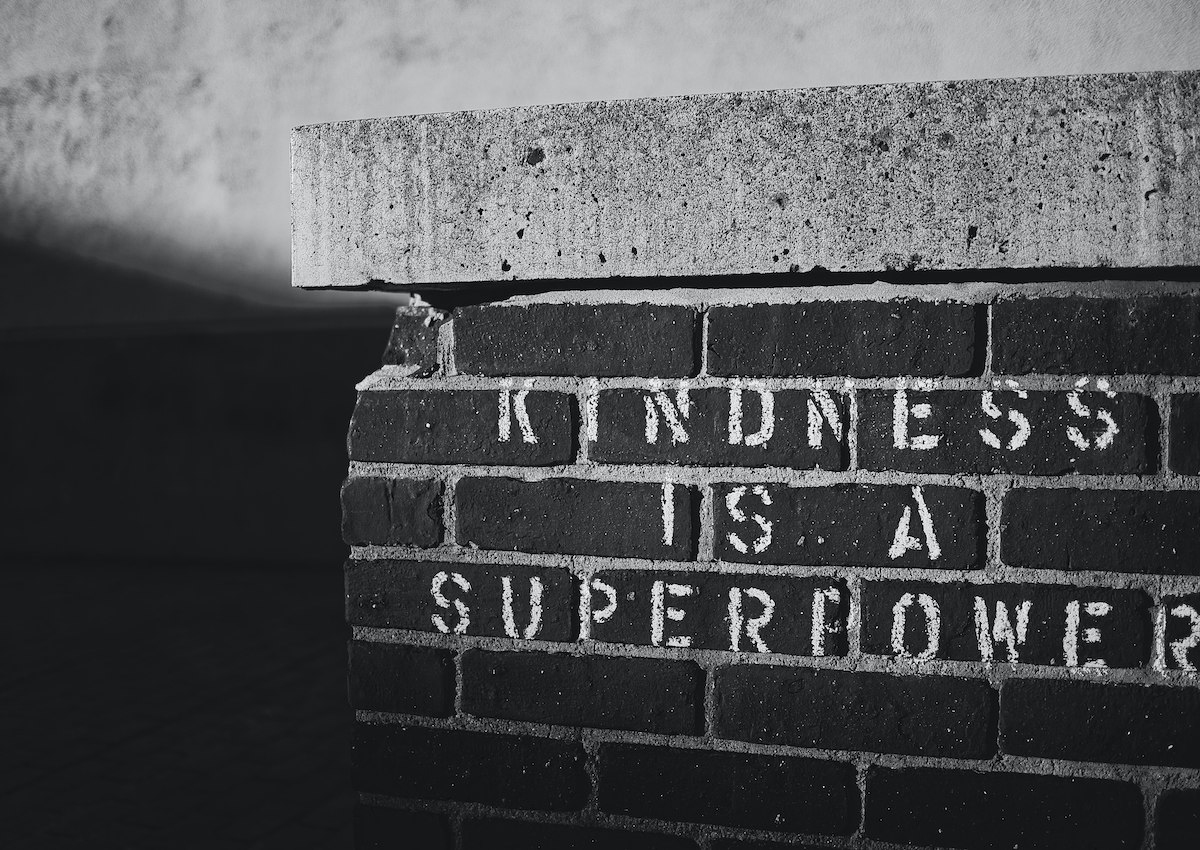“What I have discovered is that kindness is a nice sentiment, but being kind comes down to what you’re willing to do in the moments when your heart wants to hide and your brain wants to judge, giving you an excuse to act badly or do nothing at all.” – Vernā Myers
The inclusion of “Belonging” is on the rise as part of an organization’s DEI training and programs. And DEIB offers leaders and their teams another way to approach how we interact and treat one another. It’s how we learn to better understand each of our unique perspectives, experiences, and connection to the workplace culture. So belonging is the very personal piece that a DEI program needs for greater impact and the overall success of a business. In fact, according to a recent survey from the team at BetterUp, “feeling a sense of belonging leads to a 56% increase in job performance and a 50% reduction in the risk of employee turnover. “
Creating this authentic sense of belonging is about kindness and compassion and learning to treat others with respect and understanding even when, especially if, it’s difficult. The power of kindness and how leaders approach communication with it in mind can certainly have a ripple effect on the team’s overall feeling of connectedness and performance.
So to help set you on the right path as a leader and an employee, here are 5 ways to step into kindness in the workplace.
#1. Don’t take it personally.
So much of our inability to be kind is thinking that our agenda is more important than everyone else’s. If we could breathe when we get irritated, take ourselves a little less seriously, and understand that another person’s ideas and needs are as important as ours, we can take one more step closer to feeling a deeper connection.
#2: Understand your triggers.
If you’re going into a situation you know you’re going to find frustrating, be prepared. Decide how you want to handle your frustrations and annoyances, and how you might show kindness instead of contempt. This simple step ahead of time can go a long way in creating a more positive long-term outcome.
#3: Connect with compassion.
Instead of assuming the reason someone does something that infuriates you is because they’re thoughtless, assume it’s not the case. Suspend your judgment and keep your heart open to the possibility that they may be having a bad day. Kindness is not about being nice; it’s about finding compassion for another even when you are insulted or annoyed.
#4: Take a time-out.
If you lose your cool in a situation, don’t be afraid to stop and change gears. Sometimes a little distance is all you need from a problem. Work on something completely different or take a walk outside. Fresh air can do wonders in clearing your head to come up with a different approach to the same situation.
#5: Avoid misusing your power.
When we’re in the power position, we have to work harder to be kinder. It’s so easy to get lazy and snap back to quickly resolve a situation. But the end result is far from positive. In fact, it could have long-term negative effects on both the respect you receive from your team and how they perceive the role of leadership. So think before you react and remember the influence you have on shaping the next generation.
Looking to step up your leadership skills? Head to our Inclusive Leadership with Vernā Myers course today for practical steps for cultivating inclusive workplaces.


